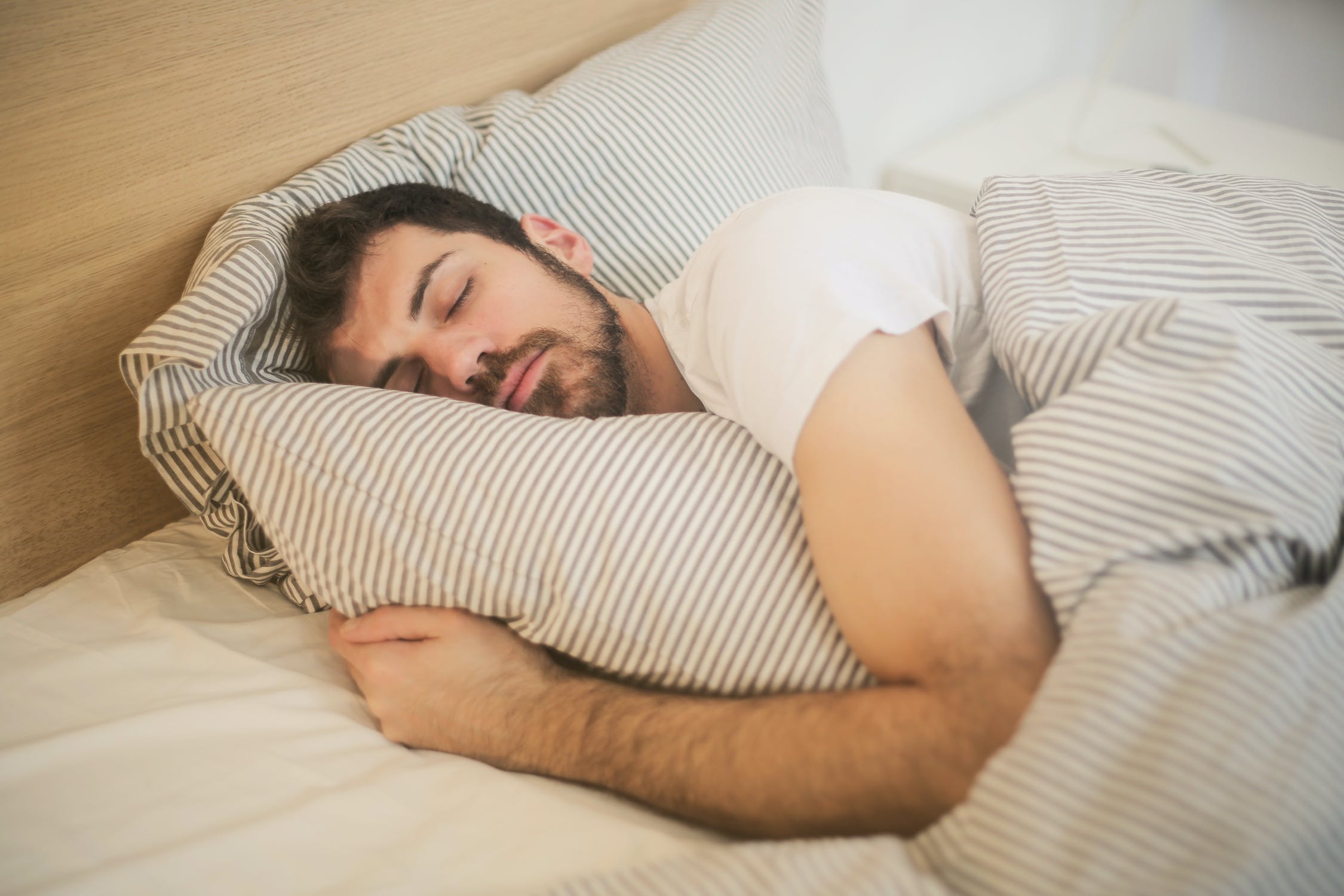Are you struggling to stay awake during the day? Do you find yourself reaching for another cup of coffee just to make it through your workday? It’s time to prioritize Healthy sleep. Many people underestimate the power of a good night’s rest, but getting enough Healthy sleep can have a huge impact on your overall health and well-being. In this blog post, we’ll explore why sleep is so important and how it can improve various aspects of your life. So grab a warm beverage and cozy up – let’s talk about the importance of sleep!
Introduction
Most people know that getting a good night’s sleep is important, but many do not realize the full extent of how important sleep really is. Getting enough sleep can have a positive impact on your physical health, mental health, and overall well-being.
Physical Health: Getting enough sleep is essential for physical health. When you are asleep, your body is able to repair itself and heal from the day’s activities. Not getting enough sleep can lead to physical problems such as a weakened immune system, high blood pressure, heart disease, and diabetes.
Mental Health: Sleep also affects mental health. Lack of sleep can cause problems with concentration and memory, and can increase stress levels. Getting enough sleep can help improve mood, reduce anxiety, and promote better cognitive function.
Overall Well-Being: Sleeping well has also been linked with overall well-being. People who get enough sleep tend to have more energy and are more productive during the day. They are also less likely to experience depression and anxiety. Getting adequate rest can also help you maintain a healthy weight, as it can help regulate hormones that control hunger and appetite.
Benefits of getting enough Sleep
There are countless benefits to getting enough sleep, including improved physical and mental health, increased productivity, and improved mood. Getting enough sleep can help improve your physical health by reducing stress levels and improving your immune system. Getting enough sleep can also help improve your mental health by reducing anxiety and depression. Getting enough sleep can also increase your productivity levels and improve your mood.
How much Sleep do adults need?
Most adults need between 7 and 8 hours of sleep a day. However, some people may need more or less sleep depending on their age, lifestyle, health, and work schedule.
Sleep is important for physical and mental health. Getting enough sleep can help improve your mood, reduce stress, and boost your overall energy levels. Getting too little sleep can have the opposite effect and lead to fatigue, irritability, and poor concentration.
If you’re having trouble sleeping, there are several things you can do to improve your sleep habits. Creating a bedtime routine, avoiding caffeine before bedtime, and making sure your bedroom is dark and quiet can all help you get a better night’s rest.
Healthy Sleep hygiene tips
It’s no secret that a good night’s sleep is important for your overall health and well-being. But what you may not know is that there are certain things you can do to help ensure you get the most out of your slumber. Here are some sleep hygiene tips to follow:
1. Establish a regular sleep schedule. Go to bed and wake up at the same time each day, even on weekends. This will help regulate your body’s natural sleep rhythm.
2. Create a relaxing bedtime routine. A few minutes before bed, do something calming, such as reading or taking a bath. This will help signal to your body that it’s time to wind down for the night.
3. Keep electronics out of the bedroom. The light from screens can interfere with your body’s production of melatonin, a hormone that helps regulate sleep. So turn off all electronics at least 30 minutes before bedtime.
4. Make sure your sleeping environment is dark, quiet and cool. These conditions are ideal for promoting deep, restful sleep.
5. Limit caffeine and alcohol intake before bedtime. Both substances can disrupt sleep and make it difficult to fall asleep or stay asleep through the night
Signs That You’re Not Getting Enough Healthy Sleep
If you’re not getting enough sleep, your body will let you know. Here are some of the most common signs that you’re not getting the rest you need:
1. You’re always tired. One of the most obvious signs that you’re not getting enough sleep is if you’re constantly feeling exhausted. If you find yourself needing naps or caffeine to make it through the day, it’s a good sign that you’re not getting enough shut-eye at night.
2. Weight gain. Lack of sleep can lead to weight gain by affecting hormones that control hunger and fullness. If you’ve noticed a recent increase in weight, it could be due to insufficient sleep.
3. Your mood is off. Sleep deprivation can cause irritability, anxiety, and depression. If you find yourself snappier than usual or more prone to negative emotions, it may be a sign that you need more rest.
4. You’re sick more often. Getting sick is another common sign of sleep deprivation. When you don’t get enough sleep, your immune system is weakened, making you more susceptible to colds and other illnesses
The Relationship Between Healthy Sleep and Mental Health
There is a strong relationship between sleep and mental health. Getting enough sleep can help improve your mood, reduce stress, and sharpen your focus. Conversely, not getting enough sleep can exacerbate symptoms of mental health conditions such as anxiety and depression.
If you’re struggling with mental health issues, make sure to get enough rest. Consider talking to your doctor about ways to improve your sleep habits. In addition, there are some simple lifestyle changes you can make to promote better sleep, such as avoiding caffeine before bed and establishing a regular bedtime routine.
Ways to Improve Your Healthy Sleep Quality
There are a number of things you can do to improve your Healthy leep quality. Below are eight tips:
1. Follow a routine before bed and avoid watching television or working on the computer in the hours leading up to Healthy sleep.
2. Establish a regular sleep schedule by going to bed and waking up at the same time each day, even on weekends.
3. Keep a cool, comfortable environment in your bedroom for optimal Healthy Sleep.
4. Reserve the bed for Healthy sleep and sex and create an environment that promotes relaxation.
5. Use comfortable sheets and limit noise and light exposure in the bedroom.
6. Stretch or do relaxation exercises before bedtime to promote muscle relaxation and help reduce stress levels.
7.limit caffeine intake and avoid drinking alcohol before bedtime as they can disrupt sleep patterns.
8. Practice some form of meditation or deep breathing exercises to calm the mind and promote better Healthy sleep quality.
Conclusion
All in all, getting enough sleep is one of the most important things you can do for your health and wellbeing. Healthy Sleep helps to regulate our hormones, concentrate better throughout the day and improve our overall mood. By ensuring that we get at least 7-9 hours of restful sleep every night, we can ensure that our bodies have time to repair and rejuvenate itself so it can work optimally over time. Don’t underestimate the power of good quality sleep – it could be just what you need to start feeling more energized and vibrant each day!









